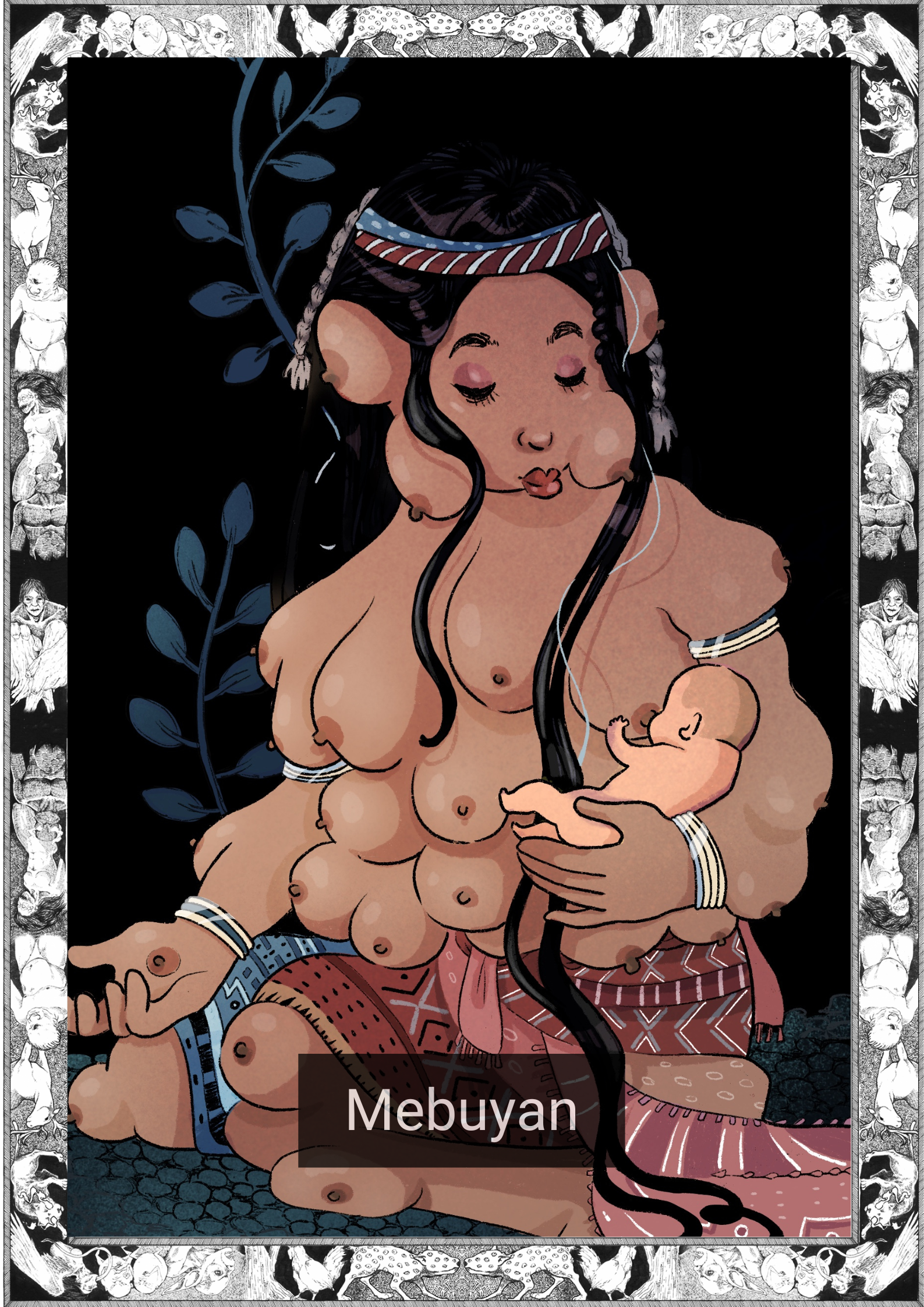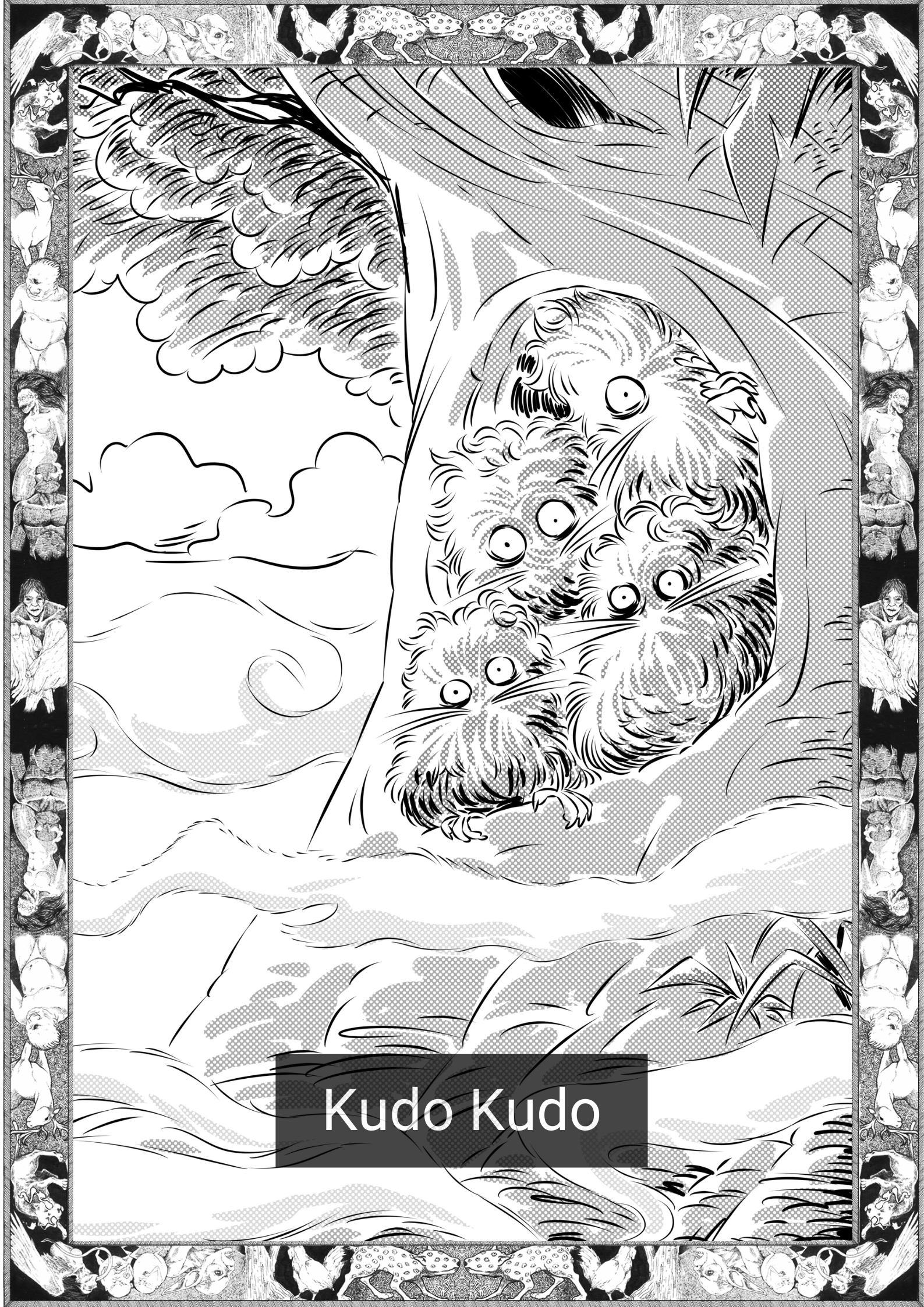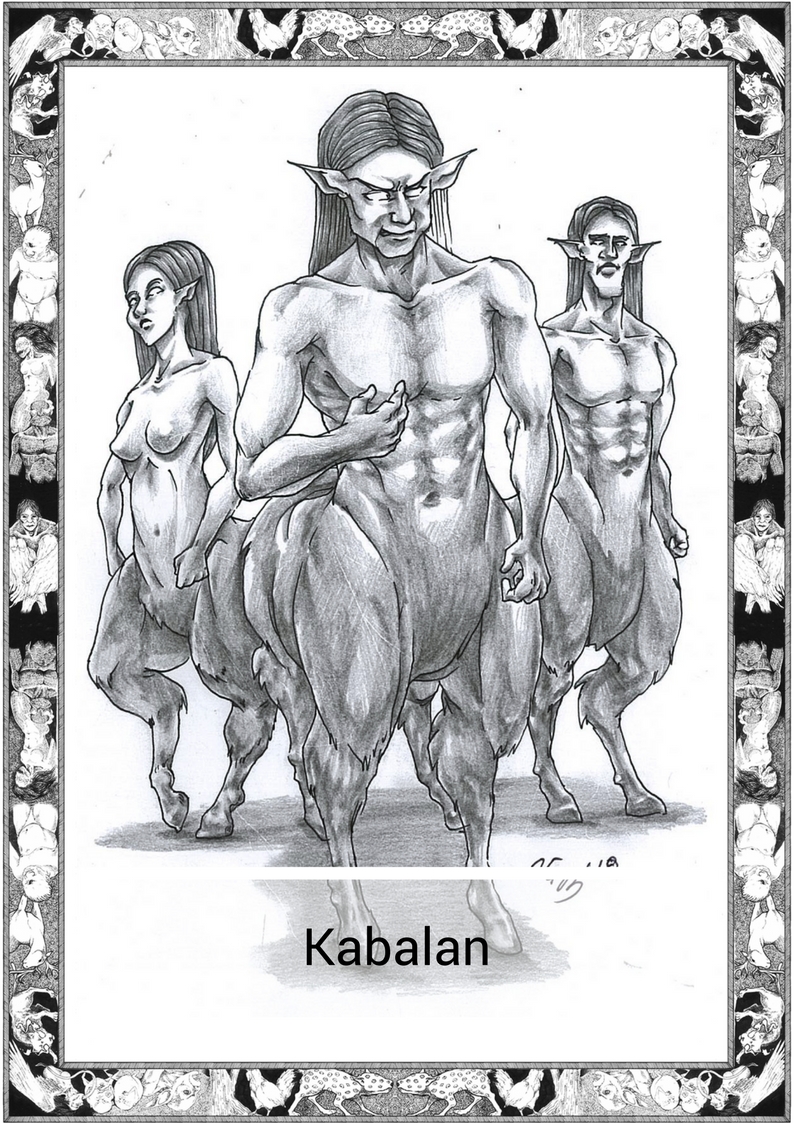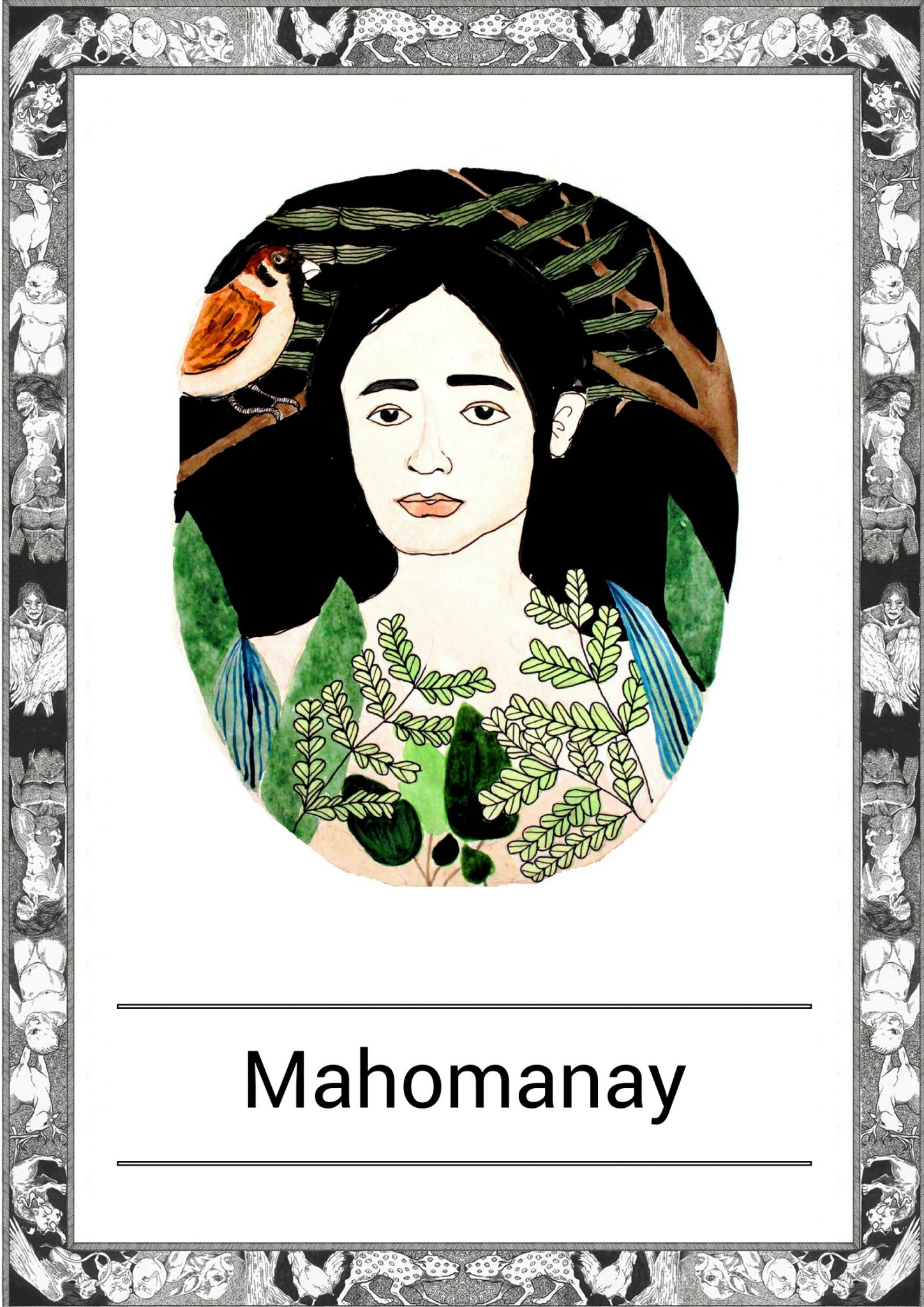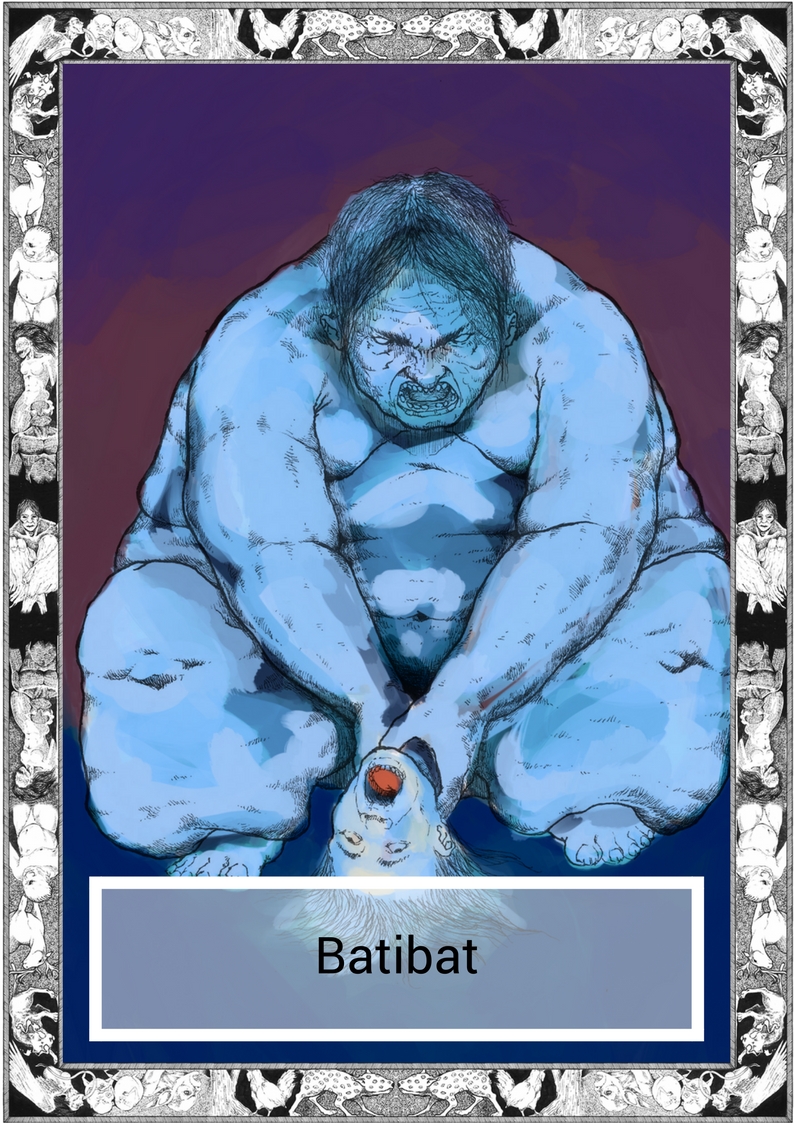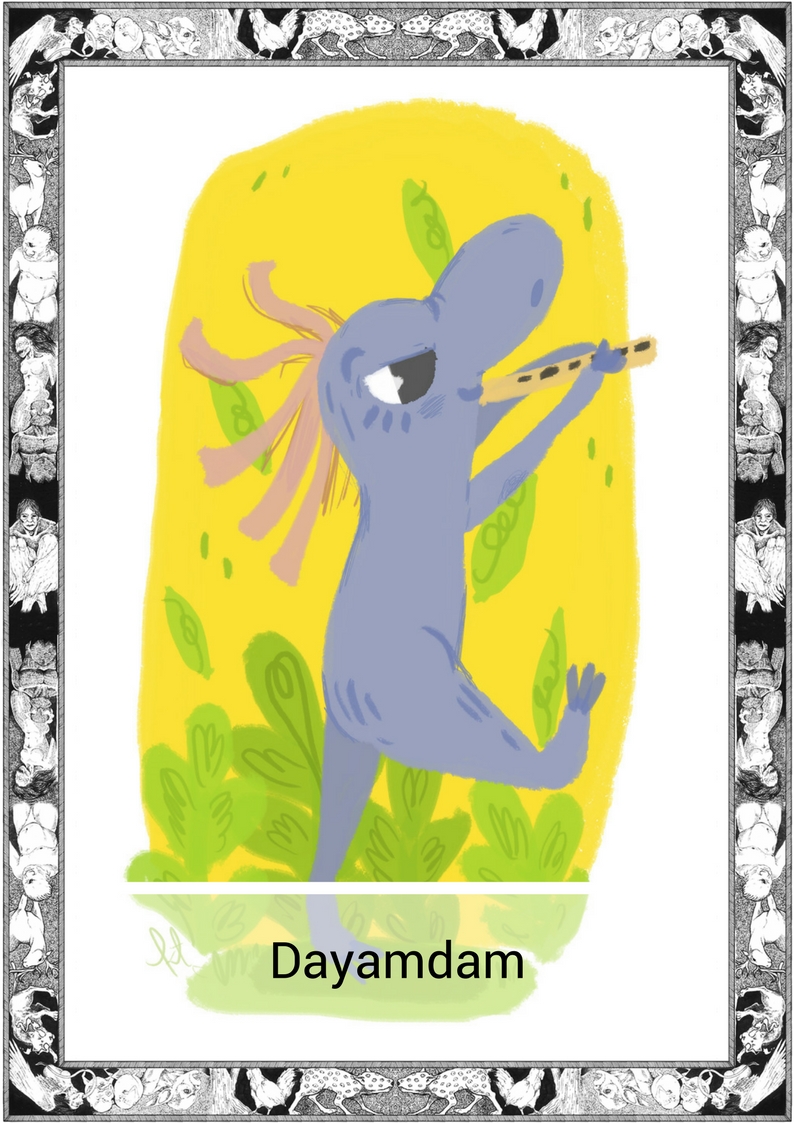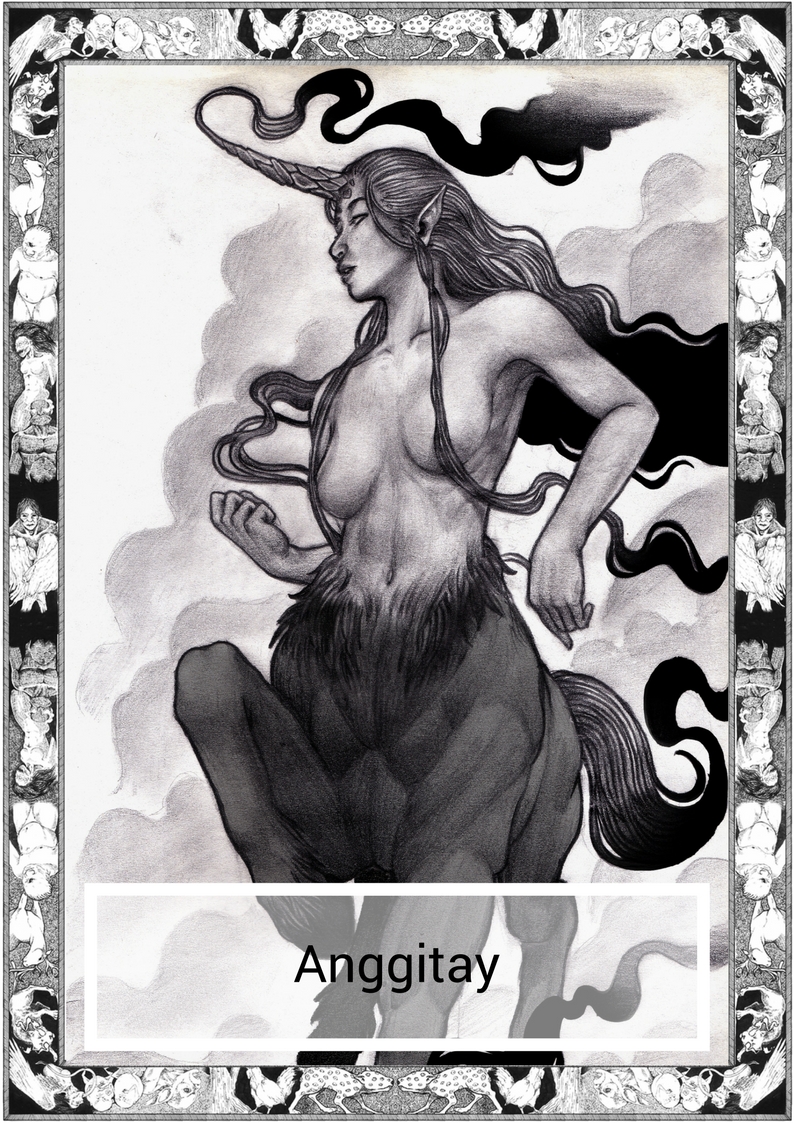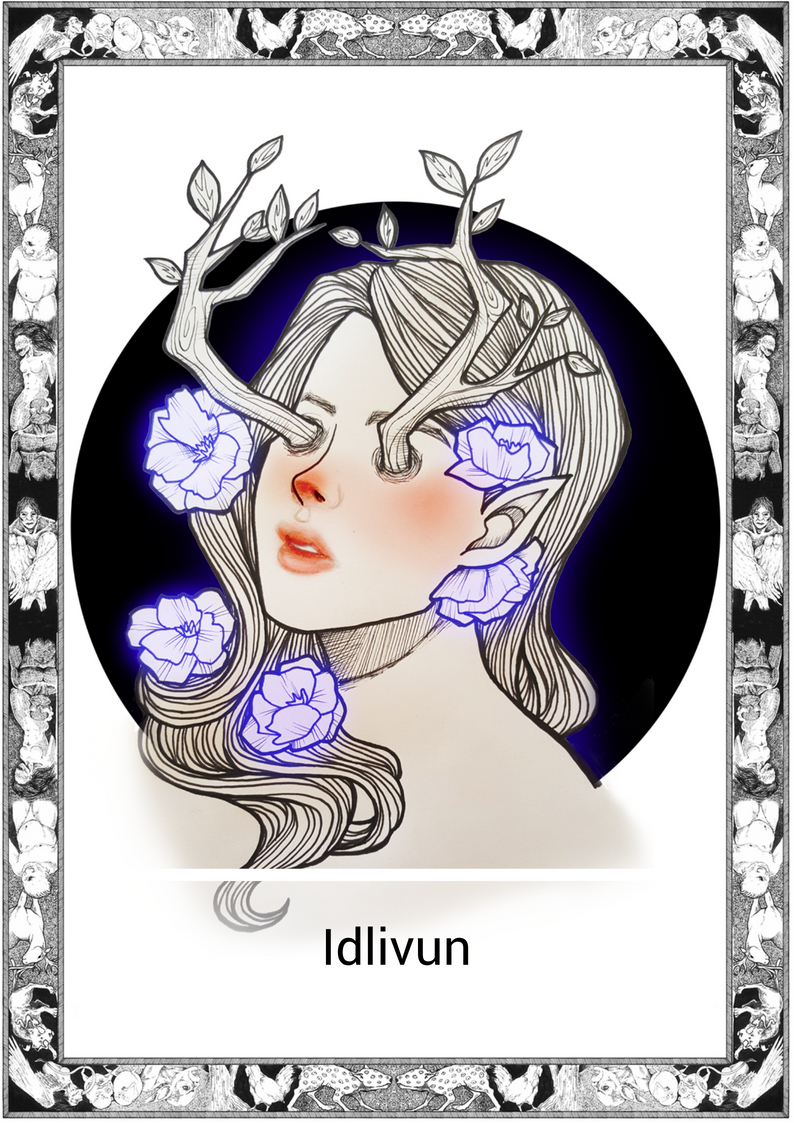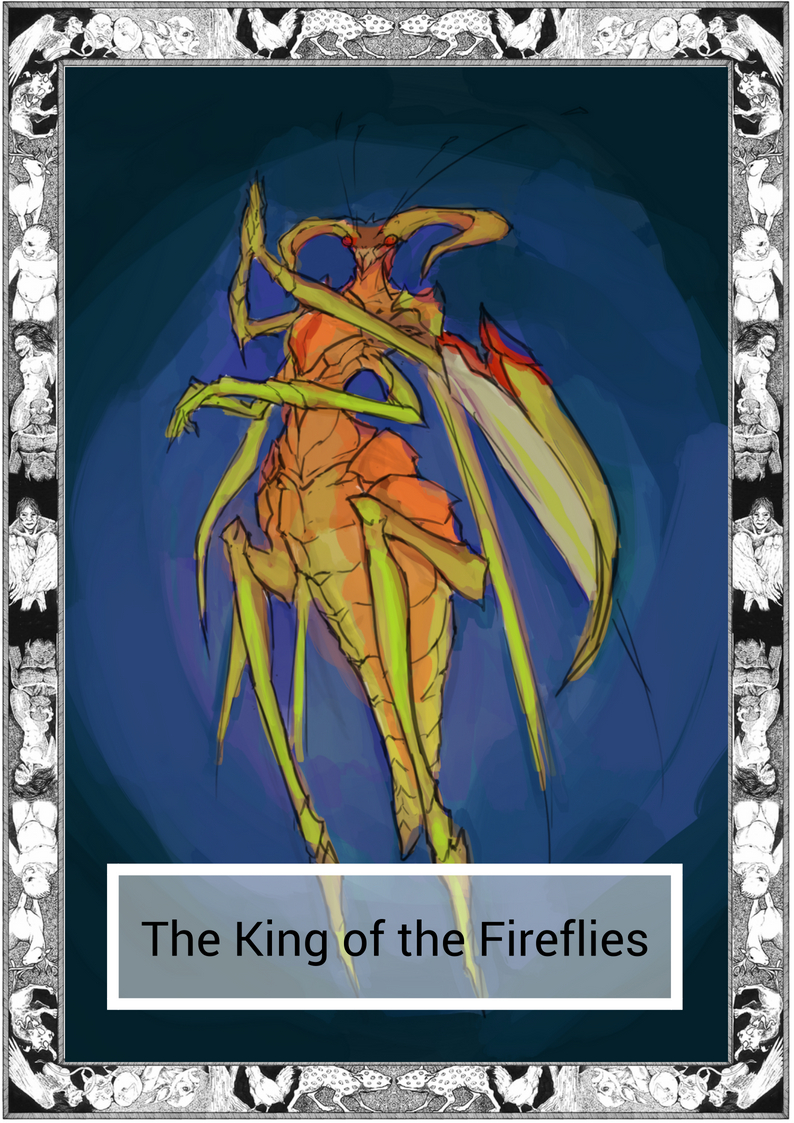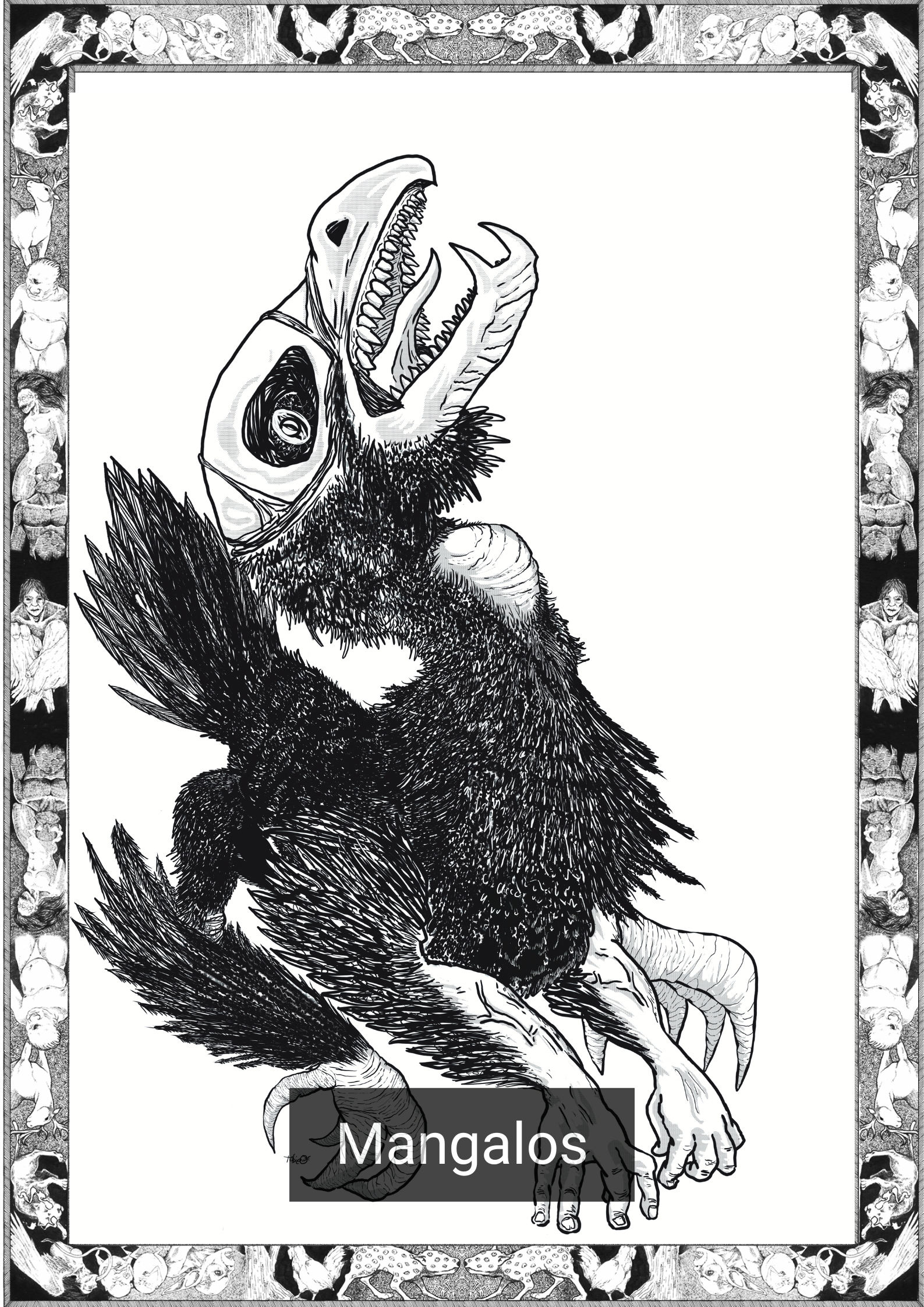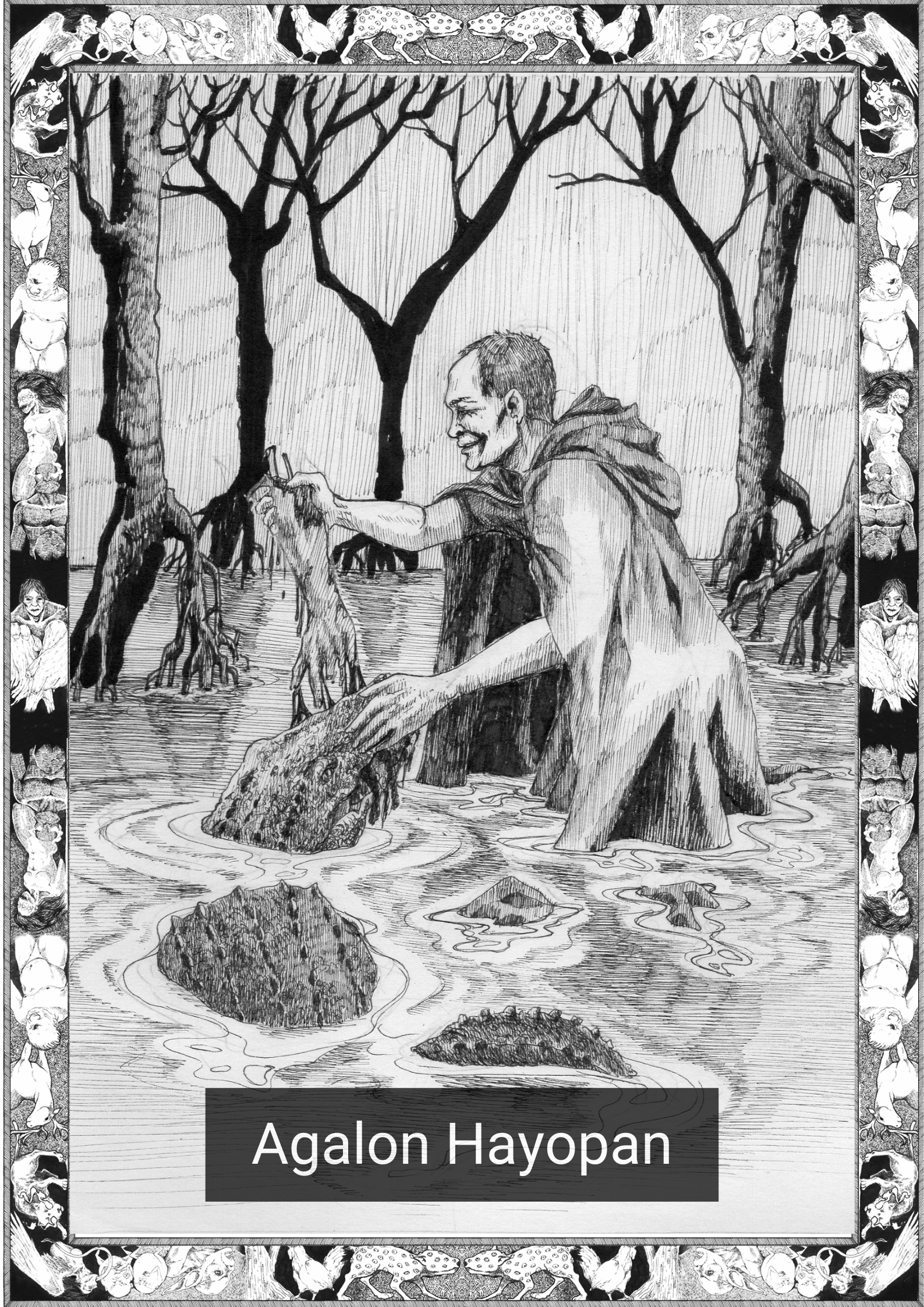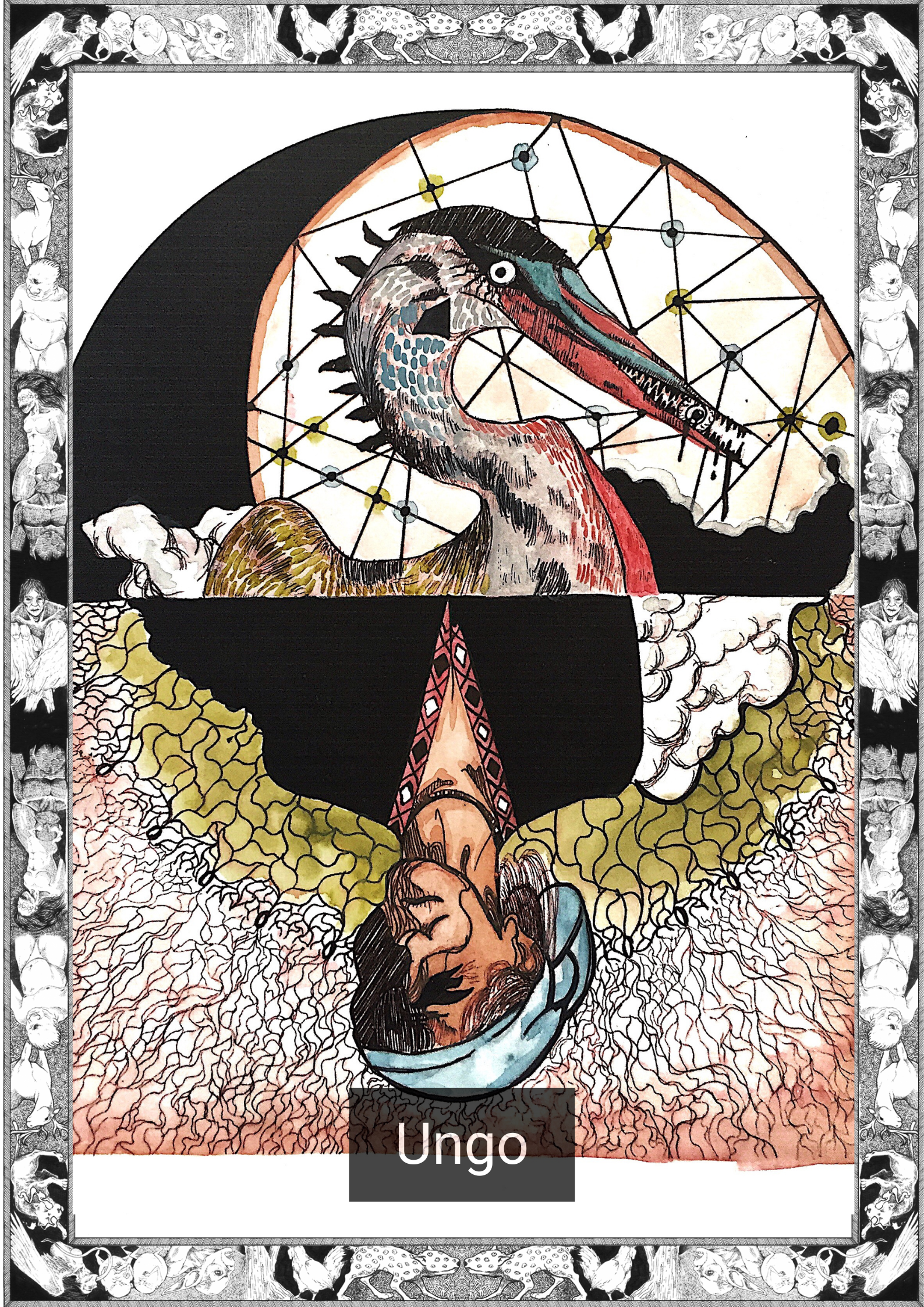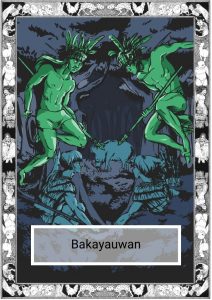
*Note this story is in Ilocano
Bayat ti pannakaidisso ti daton iti baba ti kayo, inted ti maysa a naulimek nga espiritu ti bendisionna.
Rimkuas ti naidumduma a pigsa ti agtutubo ket innalana ti pagan-anupna a pika tapno agrubbuat a mapan iti kabakiran.
Nangted ti bendision ti espiritu, nagtung-ed kas pananganamongna agingga a saanen a makita ti agtutubo.
Idi metten a nagampayag ti maysa a taripnong dagiti espiritu nga agturong iti kayo.
“Pada a bakayauwan, mabalin kadi ti makisarita kenka?” Nagallangugan ti koro dagiti espiritu.
Nagtung-ed ti naulimek nga espiritu ket nagampayag a nagturong iti abay ti kayo.
“Intedmo kadaytoy nga agtutubo dagiti bendision iti adun nga agsapa. Awan pay met laeng ti natiliwanna,” kinuna ti maysa kadagiti padana nga espiritu.
“Dina pay unay ammo a biruken ti anupenna, nakitak a namimpito a nanglikmut iti maysa a bato sakbay a napanunotna a pinanawanen ti simsimadanna,” insaoang ti maysa nga espiritu.
Nagsao met ti sabali pay nga espiritu, “Kadagupan ti amin nga aganup ditoy isu ti kakapsutan. Nakitak a pinadasna a pikaen ti baboy idi kalman ngem ti kayo ti natiruanna… namindua.”
Ket nagkatawa dagiti espiritu (wenno kas kaarngi ti panagkatawa dagiti espiritu).
“Awan ti naisangsangayan iti daytoy nga agtutubo,” ti pinagtutunosan dagiti espiritu ket impakaammoda iti kapatadanda ti dida pananganamong.
Iti daytoy simmungbat ti agmaymaysa nga espiritu. “Ad-adda pay a rason a tumulong tayo kaniana. Dagidiay sigud a napigsa ket saandan a kasapulan dagiti bendisiontayo. Daytoy a mangnganup ket sumarungkar iti kayok tunggal agrubbuat nga agturong iti kabakiran. Saan laeng a siak ti tratuenna ti panagraem no di ket ti intero a daga. Ti natiliwna—-”
“—no adda masarakanna.” Inyallawat ti maysa nga espiritu.
“….Ti maanupanna ket kanayon a maidaton kadagiti espiritu, ta ammona a saan laeng nga isu ti akinkukuana iti daga, kukuatayo amin a pagbibingayan.”
“Ammo koman dayta dagiti tattao, ket no saanpay, maammuandanto babaen ti pungtottayo.”
“Ngem dikay kadi kaykayat ti makipagtrabaho kadagiti tattao tapno mariknada ti kinaragsak ti nakaparsuaan? Saan laeng a maipapan daytoy iti mangnganup no di pay ket ti amin a tattaona. Isuronanto ti kanta dagiti angin babaen kadagiti sanga, dagiti delikado a dalan nga agturong kadagiti kristal a karayan ken ti nalinaay a dignidad dagiti naulimek a kararag kadagiti didiosen ken espiritu.”
Nagari ti ulimek iti bunggoy dagiti espiritu bayat ti panangpanunotda dagiti sasao ti kapadada.
Ngem nagtakder ti maysa nga espiritu nga di umannugot.
“Dakami ti guardia ti panaganup! Babaen laeng iti pigsa a makitada ti pannakabalintayo! Datayo a napigsa ket ibinglaytayo ti pannakabalintayo kadagidiay natibker tapno maammuanto dagiti tattao ti tumakder! Bay-an a maparmek dagiti nakapuy ket ti darada sibugan dagiti kayo tayo.”
“Ti kayo a nasibugan iti dara saanto nga agsabong a kas iti mataripato. Dagidiay agkasapulan unay iti tulongtayo makitadanto dagiti bendisiontayo kas pammaneknek nga agbibiagtayo a kas maymaysa.”
Nagngilangil ti managduadua nga espiritu. “Aramidenyo ti masapul ket kitaenmi no ania ti mapasamak.” Ket iti kasta nagtayab nga immadayo.
Nagsasaruno a nagampayag dagiti espiritu tapno mangtedda ti bendision kadagiti mangnganup iti bukodda a sakup.
Ket nagallangugan dagiti sasao ti espiritu.
“Saan laeng nga isu ti agtagikua iti daga, kukua tay aming a pagbibingayan.”
=—————————–=
English Version
As the offering was set below the tree a silent spirit gave its blessing.
A sense of strength surged through the young man and he took his hunting spear to set out into the wilds.
The spirit that gave its blessing nodded in approval until the young man was out of sight.
It was then that a congregation of spirits floated towards the tree.
“Fellow bakayauwan, can we speak with you?” The chorus of spirits echoed.
The silent spirit nodded and floated beside the tree.
“You have given this young man blessings for many daybreaks now. He still hasn’t caught anything,” said one of the fellow spirits.
“He can barely track prey, I saw him go around the same rock seven times before he realized his quarry had left him behind,” A spirit intoned.
Another spirit chimed “Out of all those that hunt here he is the weakest. I saw him try to spear a boar yesterday and he hit a tree… twice”
And the spirits laughed (or as close to laughing as a spirit can get).
‘There is nothing special about this young man’ was the consensus of the spirits and they let their peer know of their disapproval.
To this the lone spirit answered “All the more reason to help him. Those that are already strong have no need for our blessings. This hunter has visited my tree every time he would set out to the forest. He treats not only me with respect but the entire land. His catch—-”
“—if he can find any.” A spirit interrupted.
“—His catch is always dedicated to the spirits, for he knows the land is not his alone, it is ours to share.”
“The humans should already know that, and if they don’t, they will know through our wrath.”
“But would you not rather work with the humans to let them feel nature’s bliss? It is not just about this hunter but also his entire people. He will teach the song of the winds through the branches, the delicate pathways that lead to crystal rivers and the quiet dignity of the hushed prayers to the gods and spirits.”
Silence fell among the host of spirits as they ruminated on their fellow’s words.
One spirit still stood unconvinced.
“We are the sentinels of the hunt! It is only through strength that they will see our power! We who are strong shall share our power with those that are strong then the humans will know to rise up! Let the weak fall and their blood water our trees.”
“A tree watered with blood will not blossom as one that is tended. Those that need our help the most will see our blessings as proof that we live as one.”
The doubtful spirit shook his head. “Do what you must and we shall see what will happen.” And thus it floated away.
One by one the spirits floated away to give blessings to hunters in their own domains.
And the words of the spirit resonated.
“The land is not his alone, it is ours to share.”
=————————————————————=
*Ilocano is the third most-spoken local language of the Philippines.An Austronesian language, it is related to such languages as Malay (Indonesian and Malaysian), Tetum, Chamorro, Fijian, Maori, Hawaiian, Samoan, Tahitian, Paiwan and Malagasy. It is closely related to some of the other Austronesian languages of Northern Luzon, and has slight mutual intelligibility with the Balangao language and the eastern dialects of the Bontoc language.
Written by Karl Gaverza
Ilocano translation by Maria Jesusa Villaruz
Copyright © Karl Gaverza
Translation Copyright © Maria Jesusa Villaruz
Illustration by Shiela Rae Co
IG: @naitinta
Inspired by the Bakayauwan description in Jocano, F. Landa. (1969). Outline of Philippine Mythology. Manila: Centro Escolar University Research and Development Center, p. 16.

